Parental Alienation does hurt siblings. It destroys the family, and creates victims in the children left behind who grieve the loss of their siblings. Parental Alienation inflicts real emotional and psychological abuse on siblings who are caught in the crossfire, or intentionally made a victim.
My son wanders around the house looking for his brother and “sissy”. He cannot understand why they cannot home. And does not understand why they are so far away. Just today my son put all of his toy cars into his sister’s Hello Kitty lunchbox, and carried it with him to school. This is his way of being close to “Sissy”. My son likes to listen to the music his brother enjoys, and dances on the chair…and just when he is about to laugh really loud, he grows quiet, his face falls, and he asks where his brother is or can we go pick him up…or when will he be home. The worst part is that there is no answer for him. It is a loss without definition or closure.
PARENTS WHO LOST CUSTODY OF CHILDREN FOR NO REASON (EMOTIONAL SUPPORT)
PARENTS WHO LOST CUSTODY OF CHILDREN FOR NO REASON (EMOTIONAL SUPPORT)
Parental Alienation in Older Children
Joan Kloth-Zanard
Don’t believe what they say: that Parental Alienation cannot happen to older children, that it’s just an oxymoron.
Parental Alienation is the act of one parent deliberately undermining the relationship between the children and the other parent to the point of creating a hostile relationship and thus alienation of the children from the other parent.
Another way to look at this is alienation of affection, which is one of the basic human needs discussed at length by Maslow in his Hierarchy of Needs. It is a serious form of psychological abuse, and it is very dangerous because it occurs internally and, thus, is harder to treat. Unlike physical abuse where the scars and wounds are on the outside, Parental Alienation Syndrome (PAS) is so deep inside that unlocking the key to it takes years of treatment and unconditional love.
Though PAS is primarily seen in high-conflict divorces, it also occurs in intact families. And though it usually begins in early childhood, this is not always the case, and does not mean that older children and even adults cannot be alienated from their other parent. In fact, PAS is often described as a cult form of control over others. In this respect, we can say that the perpetrator or alienator brainwashes and programs the innocent victims to hate their other parent/family members. In much the way as the leaders of cults, like Jonestown, these perpetrators are able to take a person and convert him or her into the alienator’s way of thinking and to renounce all ties with the victim’s families and friends. If a cult leader can do this to total strangers who have no familial ties to them, then it is safe to say that it would be that much easier for a parent to do this to his or her children, no matter what age they are.
Parents and family have a much stronger bind or hold upon children. In fact, a child, no matter what age, would be more likely to listen to and believe his or her parent than a total stranger. Therefore, any judge, counselor, agency or attorney claiming that an older child could not be alienated from his or her other parent, is actually stating that cults, like the Branch Davidians, could not possibly happen. In these non-believers’ minds, only children can be brainwashed and programmed. This defies logic, as it is a proven fact that cults do brainwash people and program them, and most of these cult followers are adults. In other words, if a total stranger can turn a person against his or her family, then a parent can do it even more easily, no matter the age of the child.
Furthermore, as Amy J. L. Baker points out in her book, Adult Children of Parental Alienation Syndrome – Breaking the Ties that Bind, adolescents are just as vulnerable to the tactics used to impede a relationship with the other parent. These young adults are at a point in their lives where they are allowed more responsibility to make their own decisions, and one of those is custody and visitation. Baker feels that alienators are probably quite aware of this and utilize this idea as they intensify their tactics to distance the children from the other parent. In addition to this issue, young adults are struggling for their independence from their parents and if one parent, the alienator, offers them more freedom and thus are more liberal with them, the children will be swayed easily to side with this parent. Alienators know this very well, and actually use this same technique when bribing their children monetarily with gifts and toys. (Baker, p. 182-183) Alienators are good exploiters of weaknesses in people. They will go after the weakest link to break the chain and command control of the other links in the chain. What better way to do this than with bribery and offerings.
Case in point: two children who are raised since birth to hate their father’s side of his family. The children are repeatedly told that relatives from their father’s side of the family are no good and crazy and that the children are never to spend time alone with them. Their mother even tries to convince their father that his side of the family is not good and actually rarely lets the kids visit their paternal grandparents, niece, or nephew. Fast-forward 15 years, to a failed marriage. Though the children have spent very positive and rewarding times with their father and his family especially during the holiday seasons, in the back of their minds, they have been programmed to not trust them. So when the father initiates a divorce, instantly the mother begins to denigrate and berate the father. The children, though 14 and 16, are easily turned against their father and refuse to spend time with him, and when they do, they are disrespectful and rude. Despite the judge’s orders, these two teenagers are too enmeshed with their mother’s hatred, anger, and faulty beliefs that their relationship with their father is near non-existent. Despite 15 years of positive good memories that they could draw upon, the years of programming and brainwashing have taken their toll.
PAS does not differentiate age. PAS does not prejudice only the very young. PAS is real and can affect anyone of any age and gender. It is ageless, genderless and most of all, the most painful form of psychological abuse a guardian can inflict on another human being. Until the judges, counselors, agencies and attorneys accept the fact that PAS has no preferences and can occur to anyone at any time in his or her life, this form of Domestic Violence will continue to grow and destroy families.
References:
Baker, Amy J. L. (2007) Adult Children of Parental Alienation
Syndrome – Breaking the Ties that Bind. NY, NY. W.W. Norton & Company.
Syndrome – Breaking the Ties that Bind. NY, NY. W.W. Norton & Company.
Maslow, A. H. (1968) The Farther Reaches of Human Nature. NY:
Esalen Books, Viking Press.
Esalen Books, Viking Press.
Maslow, A. H. (1968) Toward a Psychology of Being. NY: D.Vant
Nostrand Company.
Nostrand Company.
Joan Kloth-Zanard
putzangel@aol.com
Kloth Consulting
Consulting for Individuals, Families and Businesses

putzangel@aol.com
Kloth Consulting
Consulting for Individuals, Families and Businesses

RELATED ARTICLES

Dad and daughter on the court at Madison Square Garden.
 The Liberty is headed to the playoffs as it is tops in wins this year in the WNBA — arguably the most successful U.S. professional women’s sports league as it closes in on 20 seasons. For the past few seasons, the Liberty have primed the pump for this new partnership by holding a Dads and Daughters Day.
The Liberty is headed to the playoffs as it is tops in wins this year in the WNBA — arguably the most successful U.S. professional women’s sports league as it closes in on 20 seasons. For the past few seasons, the Liberty have primed the pump for this new partnership by holding a Dads and Daughters Day.The Liberty and NYC Dads Group, which has more than 1,300 fathers in the New York City area, will utilize social media to promote any upcoming joint events as well as discuss the importance of our fathers supporting our WNBA franchise. Look for the hashtag #NYCDadsForLiberty on Twitter, Facebook and Instagram.
Through meetups, workshops, and various other events, as well as representing fathers in the media, NYC Dads Group has become one of the strongest voices and support systems for fathers in the NYC Metro area. NYC Dads is the flagship outpost of City Dads Group, which serves 18 metropolitan areas around the United States
WNBA's Liberty to Play Ball with NYC Dads Group


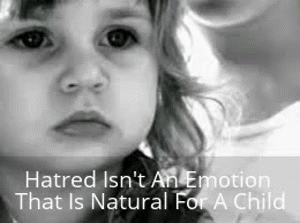


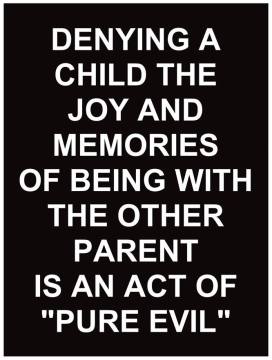


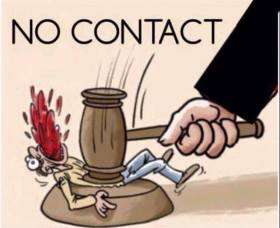
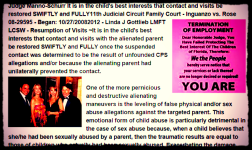

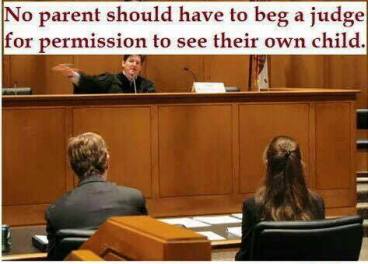
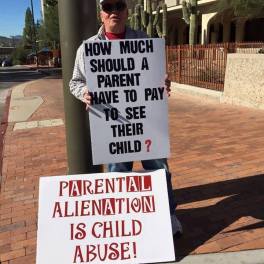
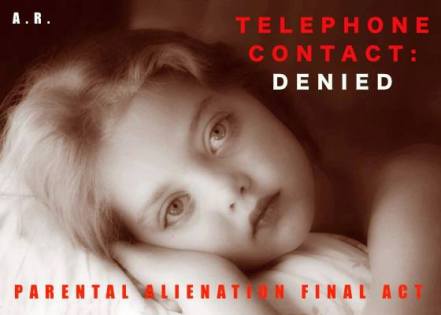
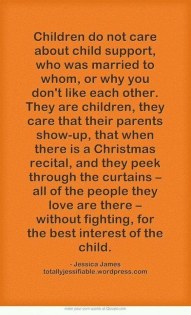

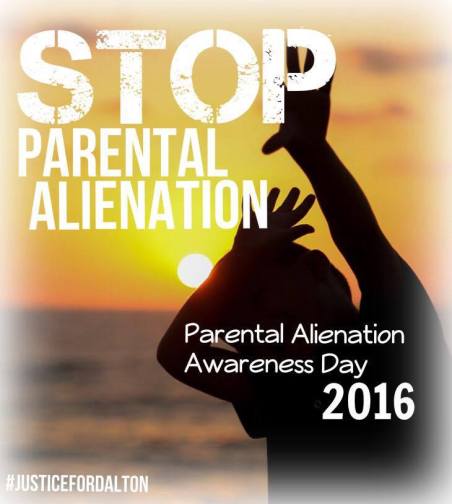












No comments:
Post a Comment